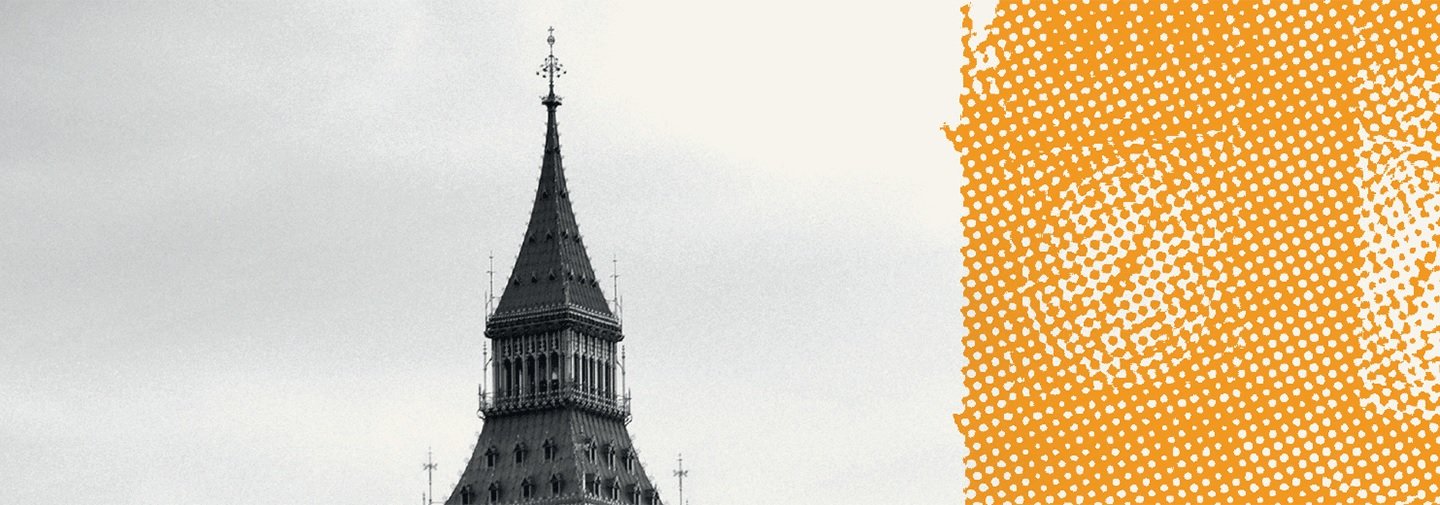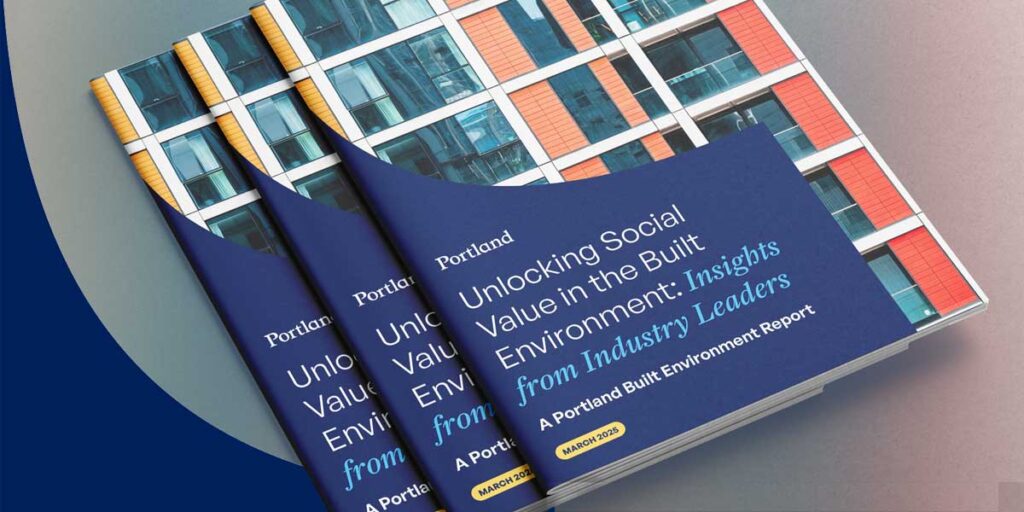ANALYSIS
The Leaders’ Question Time event last night finally breathed some life into what has otherwise been a fairly dull campaign. Polling company ICM reported that David Cameron was viewed as having performed best, underlining his reputation as the ‘essay crisis PM’, who performs best when the deadline approaches.
Ed Miliband was grilled hard by audience members on Labour’s economic reputation, and his denial that Labour overspent may come back to haunt him. Still, he got his main message of the evening across, ruling out any deal of any kind with the SNP. But will that be a hostage to fortune if he relies on SNP votes to pass his first Queen’s Speech.
Nick Clegg knows all about making promises you later regret, and predictably endured the toughest questioning of all. However, he responded with his usual humour and unflappability, and all those LBC call-in shows have helped him thrive in hostile situations. His performance will have helped some voters reconcile themselves to the Lib Dems’ charms.
The question is whether any of this matters, other than to give politicians and the media something to talk about. Will any voters have changed their mind after the events last night? A handful perhaps, but the impact of these things is over-rated. Elections are like Schrödinger’s Cat. We find out on 8th May whether it is dead or alive, but it got put in the box months ago and nothing that has happened since then makes much difference.
The election will be decided by a range of long-term factors, some of which politicians have little control over. These include Ed Miliband’s refusal to apologise for over-spending, David Cameron’s metropolitan modernisation project, and Nick Clegg’s decision to go into coalition with the Tories. Promises of a tax lock, interviews with Russell Brand, more money for the NHS, or stumbles and gaffes seldom change people’s minds and only tend to reinforce previously held views.
This, ultimately, is what gives the Conservatives confidence. The fundamentals, as politicians like to call them, still point to David Cameron. He is rated highest on leadership and stewardship of the economy, has a stronger brand than his party, and is viewed as a credible PM. The long-waited for swing back to the Tories is still to manifest itself, but there are signs it might be emerging. Endorsements from both the FT and the Economist for Con-Lib Coalition Mk 2 won’t sway voters but give a sense of the way the wind is blowing. Newspapers hate to back losers at election time. And various polls of polls suggest the Coalition might be able to sneak over the line.
Tory campaign director Lynton Crosby has long reassured anxious ministers and advisers that the swing will only happen very late, at the very last minute, but that it will happen when the fundamentals assert themselves. By this time next week we will know the answer, and then the fun really begins.
James O’Shaughnessy
STATE OF THE RACE
THE WEEK THAT WAS
High
The Economist, The Financial Times and The Sun (in England, but not in Scotland) have all come out in support of a Conservative-led government this week.
Low
A new poll by ITV and ComRes of fifty Conservative-held marginals found Labour three points ahead, suggesting Labour could take forty of these seats.

High
Labour pledged to exempt first-time buyers from stamp duty when buying homes for less than £300,000.
Low
Ed Miliband faced difficult questions during the BBC’s Question Time over the last Labour Government’s record on spending, with one audience member accusing him of lying.

High
Extensive coverage of the Conservatives’ ‘secret’ welfare plans from 2012, including cuts to child benefit and child tax credit, which were revealed in The Guardian by Danny Alexander.
Low
Another poll suggesting Nick Clegg could lose his Sheffield Hallam seat, this time from Lord Ashcroft.

The SNP could win all 59 seats in Scotland according to a poll by Ipsos MORI. 54% of Scottish voters now intend to vote for the SNP, putting the party 34 points ahead of Labour.
Nigel Farage accused the SNP of being “openly racist” to the English. Farage said that he is branded as racist by the media because “I don’t think we should have an open door to Poland, Latvia and Lithuania…and yet when it’s the Scots being rude about the English you [the media] don’t think it is”.
Plaid Cymru leader Leanne Wood attacked the Tories this week, accusing them of “dangerous and divisive” politics in a desperate attempt to win votes. She claimed progressive parties like hers were offering a collaborative alternative to combative politics.
Green leader Natalie Bennett cancelled her campaigning commitments on Monday as a result of losing her voice after “too many conversations with voters”.
THE DIGITAL ELECTION
- Our analysis of the core issues discussed during the campaign shows the economy consistently dominates the online conversation. It has been mentioned in over 1.6 million tweets, compared to 936,000 mentions of the NHS over the past four weeks.
- Seeking to capitalise on uncertainty surrounding Conservative spending cuts, Labour unveiled the microsite ‘TorySecretPlan.com’ this week which allowed users to “hack” into David Cameron’s email and reveal an alleged £8bn of cuts to child benefits. Since the site’s launch on Tuesday it has been shared 159 times on Facebook and 684 times on Twitter, far more than any other dedicated campaign microsite.
- This week’s major online political event was undoubtedly Ed Miliband’s interview with Russell Brand which appeared on the comedian’s YouTube channel The Trews. With 10 million Twitter followers and 1 million YouTube subscribers Russell Brand holds a captive audience most newspapers can only dream of. The video has already been viewed 873k times so far this week, clear evidence that a new way of engaging with political audiences is emerging away from TV studios and print media and towards online content.
BEST OF THE PRESS
The Times
Daniel Finkelstein
Labour’s hypocrisy has brought us to this crisis
Financial Times
Philip Stephens
Britain should celebrate an election stalemate
The Independent
John Rentoul
Russell Brand interview: Well, at least it brought out Miliband’s inner Blair
The Guardian
Rafael Behr
Cameron knows the risks of nationalism – but doesn’t care if he splits the country
The Spectator
Isabel Hardman
Can pavement politics save some Scottish Labour MPs?
The Times
Philip Collins
Labour will be punished for snatching power
SUBSCRIBE
Click below to subscribe to have our updates delivered straight to your inbox.







